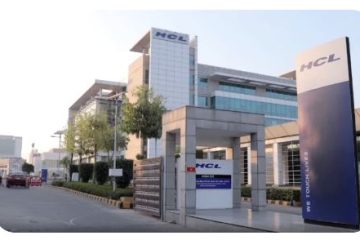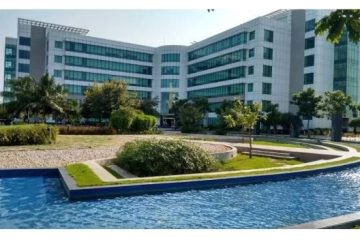Zero waste is a growing movement that aims to eliminate waste and create a circular economy where resources are used and reused in a closed loop. To become a TRUE Advisor, one must have a deep understanding of zero waste principles and practices. In this article, we will explore the key concepts and skills needed to become a TRUE Advisor.
The TRUE Advisor examination is designed to evaluate an individual’s knowledge and understanding of zero waste principles and practices. Here are ten sample questions and answers that may be asked on the exam:
- Q: What is the definition of zero waste? A: Zero waste is a philosophy and a set of principles that seeks to eliminate waste and move towards a circular economy where all materials are used and reused in a closed loop.
- Q: What are the 5 Rs of zero waste? A: The 5 Rs of zero waste are Refuse, Reduce, Reuse, Recycle, and Rot.
- Q: What is the purpose of a waste audit? A: The purpose of a waste audit is to assess the types and quantities of waste being generated by a facility or organization, and to identify opportunities to reduce or divert that waste.
- Q: What are some strategies for reducing food waste? A: Strategies for reducing food waste include source reduction (such as reducing portion sizes), donation and redistribution, composting, and anaerobic digestion.
- Q: What is the difference between composting and anaerobic digestion? A: Composting is a process that uses microbes to break down organic material in the presence of oxygen, while anaerobic digestion is a process that uses microbes to break down organic material in the absence of oxygen, producing biogas as a byproduct.
- Q: What is extended producer responsibility? A: Extended producer responsibility (EPR) is a policy framework that holds manufacturers responsible for the end-of-life management of their products, including the costs of collection, recycling, and disposal.
- Q: What is the role of upstream solutions in zero waste? A: Upstream solutions focus on preventing waste from being generated in the first place, by addressing issues such as product design, packaging, and production processes.
- Q: What is the difference between recycling and downcycling? A: Recycling involves turning waste materials into new products of equal or higher value, while downcycling involves turning waste materials into products of lower value or quality.
- Q: What are some challenges associated with implementing zero waste programs? A: Challenges associated with implementing zero waste programs include lack of infrastructure and funding, cultural resistance to change, and difficulty in measuring and tracking progress.
- Q: What are the benefits of zero waste? A: The benefits of zero waste include reduced environmental impacts, conservation of natural resources, cost savings, job creation, and improved community health and wellbeing.


